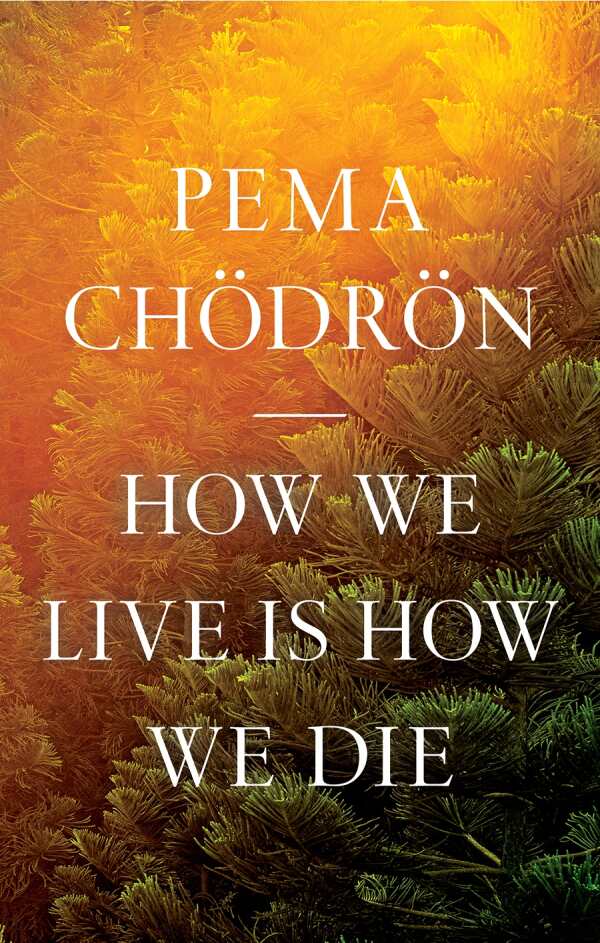How We Live Is How We Die
In How We Live Is How We Die, Pema Chödrön contemplates the spiritual, psychological, and physical aspects of death from a reasoned, resonant Buddhist perspective.
Chödrön is a teacher and a Buddhist nun. Now in her mid-eighties, she draws upon decades of study within Tibetan Buddhism to explore the recurring cycles of life and death. She cites the ancient Tibetan Book of the Dead as an integral guide to “optimize one’s chances for a peaceful death, a peaceful journey, and a favorable rebirth.”
Here, Bardos are introduced as representative of transitional states; among the book’s six bardos are the present, dying, and becoming. The bardo of dying involves a consciousness of impending death, until the final moment of existence. And in the bardo of becoming, “we make the transition to our next life.” Further, the realization that there are continuous bardos “because impermanence never takes a break” can enhance life’s natural flow, Chödrön says, and ease the passage toward death. Conversations begin and end; the weather changes from sun to rain; a meal is prepared and enjoyed. Furthermore, working to identify and neutralize toxic emotions, or kleshas, can transform the present and ready the soul for its next incarnation.
Throughout, death is recognized as being both unpredictable and inevitable. The book details the bodily aspects of dying, such as a final heaviness of the limbs, followed by intense thirst, chills, and a struggle to breathe. This gravity, however, is lightened by Chödrön’s tone of caring wisdom; she also relates distinct personal experiences that reinforce a sense of humanity, humor, and connection.
Instructive, compassionate, and welcoming, the spiritual text How We Live Is How We Die works to ease fearful attitudes toward death and improve people’s daily lives through spiritual renewal and release.
Reviewed by
Meg Nola
Disclosure: This article is not an endorsement, but a review. The publisher of this book provided free copies of the book to have their book reviewed by a professional reviewer. No fee was paid by the publisher for this review. Foreword Reviews only recommends books that we love. Foreword Magazine, Inc. is disclosing this in accordance with the Federal Trade Commission’s 16 CFR, Part 255.

